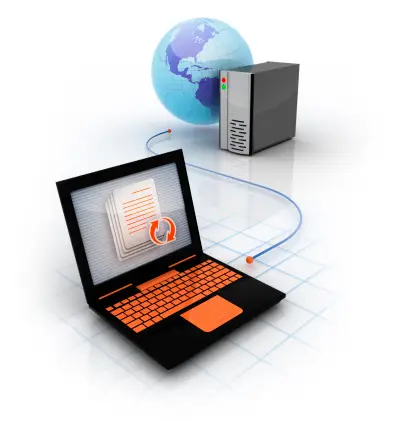What Is a P2P VPN: Your Ultimate Guide to Peer-to-Peer Virtual Private Networks
In the digital age, where online privacy is of paramount concern, the need for secure internet connections has never been greater. Among the various tools designed to safeguard your online activities, Peer-to-Peer Virtual Private Networks, or P2P VPNs, have emerged as a powerful solution. In this comprehensive guide, we’ll delve into the world of P2P VPNs, exploring what they are, how they work, and why they are essential for today’s internet users.
Understanding P2P VPNs
Let’s start by breaking down the concept of P2P VPNs.
P2P VPN Defined
A Peer-to-Peer Virtual Private Network (P2P VPN) is a network technology that allows users to create a secure and private connection over the internet. Unlike traditional VPNs that route your traffic through a central server, P2P VPNs connect users directly to each other. This decentralized approach offers unique benefits and applications.
How P2P VPNs Work
Now that we have a basic understanding, let’s explore the inner workings of P2P VPNs.
Decentralization in Action
P2P VPNs operate on a decentralized network model. When you connect to a P2P VPN service, your device becomes a node within this network. Instead of relying on a single server, your data is routed through various nodes, making it incredibly challenging for prying eyes to intercept or trace your online activities.
Encryption for Enhanced Security
Encryption is at the heart of every VPN, and P2P VPNs are no exception. Your data is encrypted before it leaves your device and remains in this secure state until it reaches its destination. This encryption ensures that even if your data is intercepted, it will be unreadable to unauthorized parties.
Anonymity and Privacy
One of the primary advantages of P2P VPNs is the level of anonymity they provide. By routing your traffic through multiple nodes, these networks make it nearly impossible for anyone to trace your online actions back to you.
Advantages of Using a P2P VPN
- Enhanced Privacy
Privacy-conscious individuals and businesses rely on P2P VPNs to protect sensitive data from prying eyes. Whether you’re sending confidential emails or conducting research, a P2P VPN ensures your online activities remain private.
- Geographical Freedom
P2P VPNs can help you bypass geographical restrictions. By connecting to a node in a different region, you can access websites, content, and services that might otherwise be unavailable in your location.
- Improved Security
The decentralized nature of P2P VPNs adds an extra layer of security to your online interactions. With data dispersed across multiple nodes, the risk of a single point of failure is greatly reduced.
- Torrenting Safely
Torrenting is a popular way to share files, but it can expose your IP address to potential threats. P2P VPNs allow you to torrent safely and anonymously, shielding your identity from prying eyes.
FAQs About P2P VPNs
How does a P2P VPN differ from a traditional VPN?
While both types of VPNs provide security and privacy, a traditional VPN routes your traffic through a central server, whereas a P2P VPN connects you directly to other users, making it more decentralized and difficult to trace.
Are P2P VPNs legal?
Yes, P2P VPNs are legal in most countries. However, it’s crucial to use them responsibly and comply with the laws and regulations of your region.
Can I use a P2P VPN for streaming?
Absolutely! P2P VPNs are a great choice for streaming content from different regions. By connecting to a node in the desired location, you can access geo-restricted content.
Is it difficult to set up a P2P VPN?
Setting up a P2P VPN can vary in complexity depending on the provider. However, many P2P VPN services offer user-friendly apps that make the process straightforward.
Do P2P VPNs slow down my internet connection?
While there may be a slight reduction in speed due to encryption and routing, the impact on your internet speed with a P2P VPN is generally minimal.
Can I use a P2P VPN on my mobile device?
Yes, many P2P VPN providers offer mobile apps, making it convenient to secure your online activities on your smartphone or tablet.
Conclusion
In a world where online privacy and security are paramount, a P2P VPN is a valuable tool. These networks offer enhanced privacy, security, and the freedom to access content from around the globe. Whether you’re concerned about data privacy or simply want to enjoy unrestricted internet access, a P2P VPN can be your digital shield.
Remember that while P2P VPNs are legal in most places, it’s essential to use them responsibly and ethically. Always respect the rights and laws of the digital realm.
In summary, a P2P VPN empowers you to take control of your online experience, ensuring that your internet activities remain private and secure.


